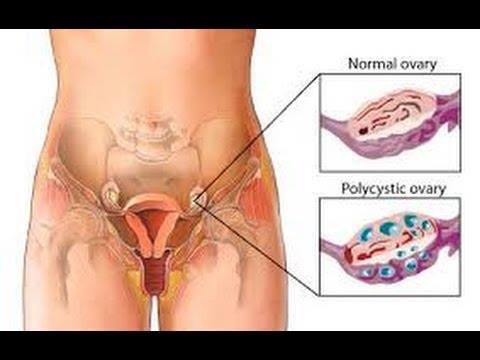Polycystic Ovary Syndrome (PCOS) - Surgery
Surgical treatment is sometimes used for women with infertility caused by polycystic ovary syndrome (PCOS) who do not start ovulating after taking medicine. During surgery, ovarian function is improved by reducing the number of small cysts.

SURGERY CHOICES.
- Ovarian wedge resection is the surgical removal of part of an ovary. This is done to help regulate menstrual cycles and start normal ovulation. It is rarely used now because of the possibility of damaging the ovary and creating scar tissue.
- Laparoscopic ovarian drilling is a surgical treatment that can trigger ovulation in women who have PCOS and who have not responded to weight loss and fertility medicine. Electrocautery or a laser is used to destroy portions of the ovaries.
WHAT TO THINK ABOUT
Surgery for PCOS may be recommended only if you have not responded to any other treatment for PCOS. Each woman will want to discuss the risks and benefits of this surgery with her doctor. Surgery is less likely to lead to multiple pregnancies than taking fertility medicines. It is not known how long the benefits from surgery will last. There is some concern that ovarian surgery can cause scar tissue, which can lead to pain or more fertility problems.